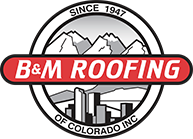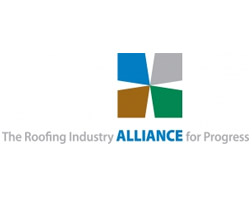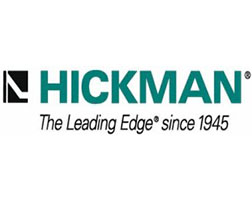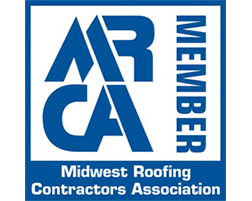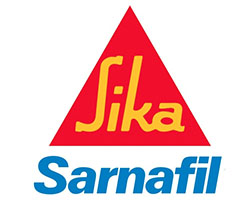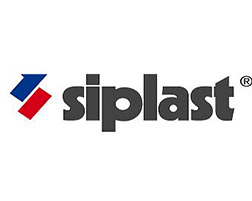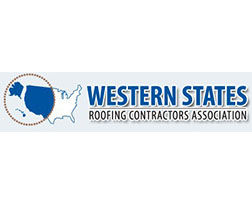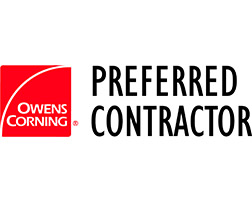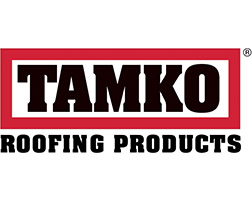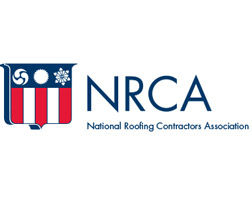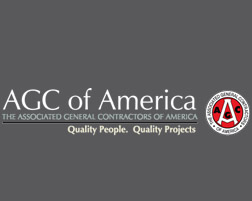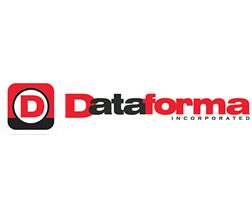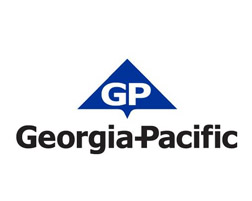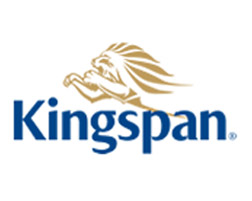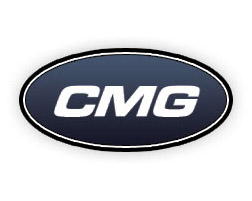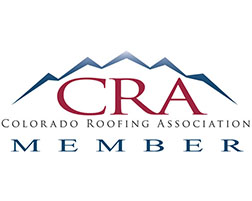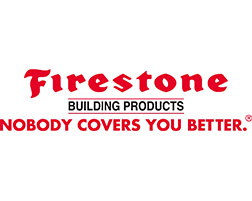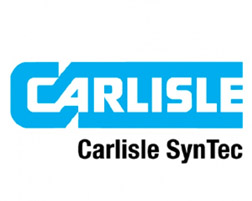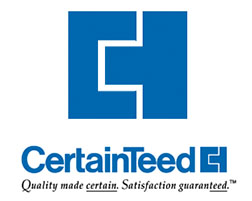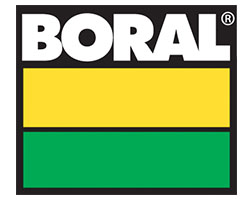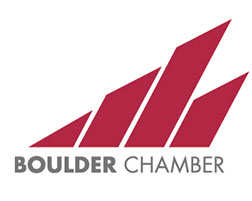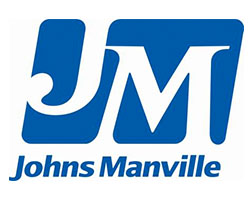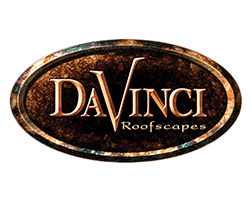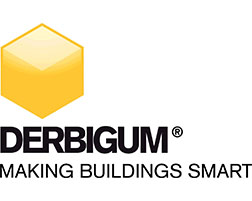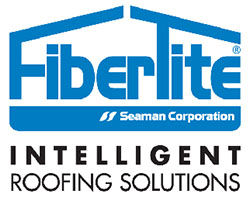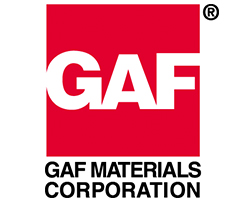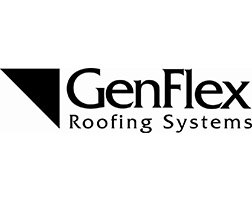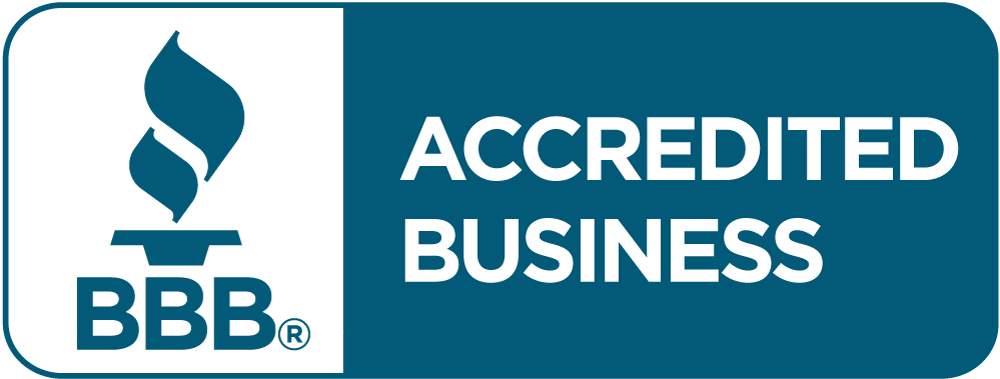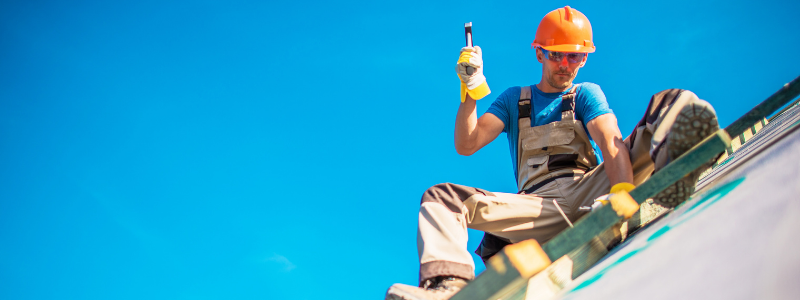
Commercial Roofing Materials
There are, generally speaking, two types of roofs – residential roofs and commercial roofs.
Residential roofs are, essentially, roofs that are meant to be used for residential structures, such as houses. Commercial roofs are roofs that are meant to be used for commercial structures, such as office buildings and places of business.
Beyond the basic aesthetic differences that separate the two, the most notable difference between residential roofs and commercial roofs is the materials that they use. We break down the most commonly-used commercial roofing materials.
What Are The Most Common Commercial Roofing Materials?
There are some commercial roofing materials that are used a lot more than others. Each one of these materials consists of unique properties, all of which make the roofing material strong and durable. Many of these materials provide the same basic protections, but to a greater or lesser degree, and in a slightly different way.
Tar & Gravel
Many commercial buildings rely on flat commercial roofs. The reason for this is quite simple:
- Flat roofs are less expensive
- Flat roofs are easier to install
- The space on top of the roof can be used for various purposes
Unfortunately, there is one flaw – sloped roofs make it a lot easier for rainwater to trickle off of the roof and onto the ground. With flat roofs that simply isn’t possible, due to the roof’s shape. Because of this, leaks are more common with flat roofs.
To solve this problem, a lot of commercial buildings use tar & gravel for their roofs.
Tar & gravel commercial roofs consist of a top layer that is coated with gravel and a series of asphalt sheets that are bound together by large quantities of tar.
Since tar & gravel roofs are so dense, it is very difficult for water to seep through. Because of this, tar & gravel roofs are often used in places where rain is frequent and intense.
A tar & gravel roof keeps water from flowing through the commercial roof and damaging the commercial building.
Polyvinyl Chloride (PVC)
Polyvinyl Chloride, or “PVC” as it is more commonly known, is a single-ply roofing material that is used on flat roofs.
Many commercial roofs use PVC due to the versatility and flexibility that it offers.
Because of this versatility and flexibility, a PVC roof can be installed on an existing roof membrane, rather than the pre-existing roof needing to be taken off.
Beyond the versatility and flexibility that PVC offers, it is also an exceptionally durable material. As a roofing material, it is more than capable of resisting tears, punctures, and intense UV rays, among other things. It’s a great roofing material to use in places where the weather is often intense (like Colorado).
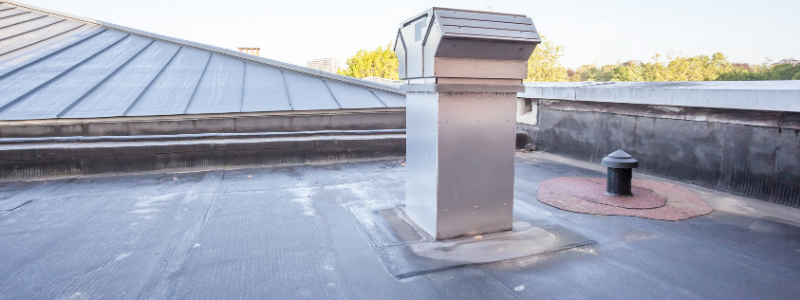
Thermoplastic Polyolefin (TPO)
Right away, the first thing that most people notice about TPO, or “Thermoplastic Polyolefin,” on a commercial roof is its color and brightness. Just about every TPO commercial roof is a bright shade of white that makes it, as a roofing material, immediately recognizable. In our gallery, you may see a few examples of this, like the IKEA store project in Centennial.
Every TPO commercial roof is a bright shade of white. But the brightness and color of a TPO commercial roof aren’t just for aesthetic purposes. Rather, the white color and brightness allow TPO roofs to be extremely reflective, making it easy for them to reflect the intense rays of the sun, ensuring that the interior of your commercial building is kept nice and cool. This cuts down on business energy bills.
TPO commercial roofs are single-ply and can be quite inexpensive. Many commercial roofs make use of them, due to their low-cost nature and reflectivity. But even though they are single-ply, they offer an exceptional amount of durability, protecting against:
- Intense UV rays
- Strong heat
- Fungus
Because of this, according to GAF, over one billion feet worth of TPO roofing is installed every single year.
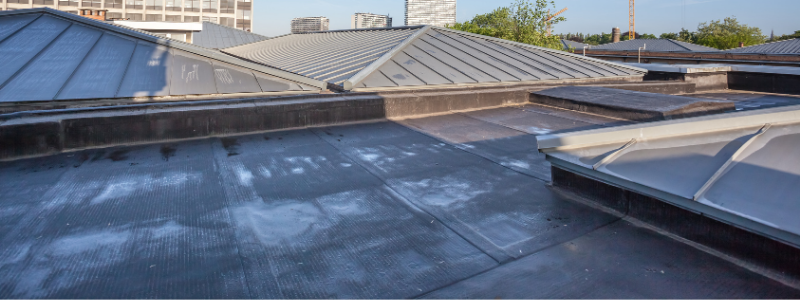
Ethylene Propylene Diene Monomer (EPDM)
Ethylene Propylene Diene Monomer – “EPDM” or “EPDM Rubber” – is similar to TPO, in that it is a form of single-ply membrane commercial roofing. Because of this, they both possess a somewhat similar design, but the chemicals that they are made of, along with the installation process, differ quite a bit.
As a commercial roofing material, EPDM is exceptionally durable. This durability involves a few key factors, including extreme resistance to:
- Intense heat/drastic changes in temperature
- Ozone
- Strong UV rays
Many commercial buildings choose to use EPDM, because of these factors. But, at the same time, there are plenty of commercial buildings that choose to go with a different material since EPDM can be difficult to install, while also being rather costly.
Sprayed Polyurethane Foam
One of the strongest and most long-lasting commercial roofing materials is Sprayed Polyurethane Foam. Sprayed Polyurethane Foam – most people just call it “SPF” – is a material that, after being sprayed as a liquid, gradually turns into a dense layer of foam. The simplicity of this process makes SPF very desirable, as a commercial roofing material, since it allows for tremendous ease and convenience.
Every SPF commercial roof consists of several barriers, all of which are embedded within the SPF layer. These barriers block out:
- Intense UV rays
- Strong winds
- Moisture (of all sorts)
- High/extreme temperatures
As a result of this, the commercial buildings that rely on an SPF commercial roof tend to have better insulation than many others.
A properly-installed SPF commercial roof can easily last over fifty years. Even though SPF commercial roofs are often a little more expensive than other, less expensive, commercial roofs, the longevity and durability that they offer more than makes up for the higher price.
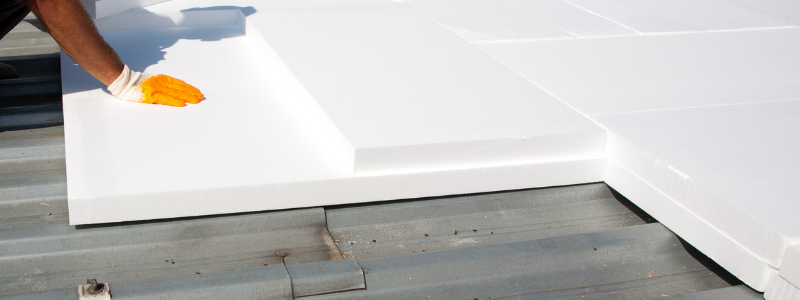
Restoration Coatings
A restoration coating is, essentially, coating the entire surface of a commercial roof with a thick layer of silicone. Doing this offers many benefits, but it should only be done if the commercial roof is structurally sound. If the commercial roof is leaking or getting too hot, for example, then that would be the perfect time for a restoration coating. But, if it’s slowly breaking down on the inside, then a restoration coating won’t do much good.
A thick layer of silicone, on just about any commercial roof, will perform three major functions.
- The most important function is that of creating a thick, durable membrane that blocks out water, while also resisting water that might form a puddle on the roof.
- Silicone is a reflective material, and as such, the second major function is reflecting the sun’s rays, ensuring that excess heat doesn’t enter the commercial building.
- The third – and final – major function is that of allowing your roof to last for a longer period of time, assuming there’s no structural damage so that it can continue to protect your commercial building from the elements.
Modified Bitumen
More and more commercial buildings are choosing to use modified bitumen roofing. The main reason for this is because modified bitumen roofing offers the same advantages as tar & gravel roofing while being made of asphalt and offering a few unique features that other built-up roofs simply don’t offer.
As a commercial roofing material, modified bitumen is:
- Waterproof
- Tear-resistant
- Expands and contracts without losing its shape
- Low maintenance
- Each one of these advantages differs slightly from other forms of built-up roofing and, because of these advantages, modified bitumen is quickly becoming the go-to for flat and low-slope commercial roofing systems.
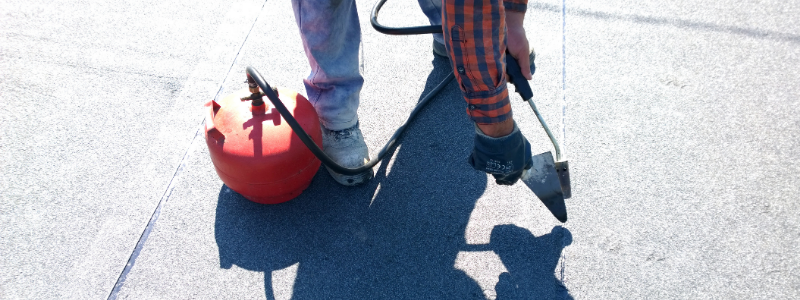
Metal Materials
One of the most common materials for commercial roofs of all sorts is, quite simply, metal materials. There are so many different metal materials available for any type of business, any type of weather.
Some of the most common metal materials for commercial roofs include:
- Aluminum
- Copper
- Tin
- Steel
Each one of those materials is exceptionally durable, while also being very affordable and resisting fires and other intense hazards.
Metal roofs for commercial buildings are increasing in popularity as the “industrial” look is an aesthetically pleasing one and businesses don’t need to focus on roof repair or replacement as much with metal commercial roofing materials.
For an estimate on any commercial roof or questions about commercial roofing materials, contact us. We’re happy to help. We’ll give you our professional expertise and opinion.
